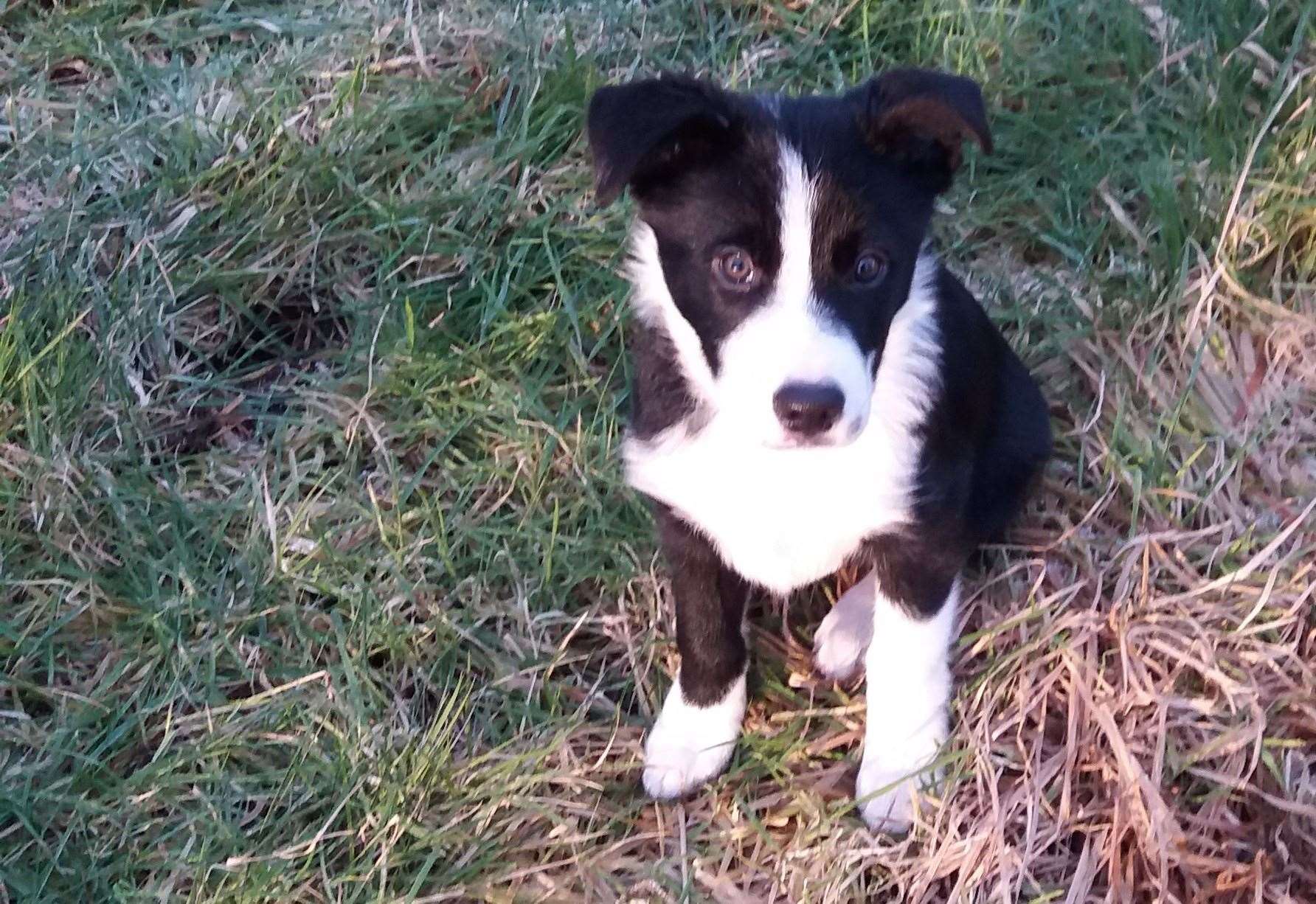- August 30, 2022
- No Comment
- 5 minutes read
VET SPEAK: Follow dental and diet advice with your new puppies – Inverness Courier

Easier access to your trusted, local news. Subscribe to a digital package and support local news publishing.
A link has been emailed to you – check your inbox.
A link has been emailed to you – check your inbox.
Home News Article
WE are seeing some lovely puppies at our clinics just now.
Two important advisory points that come up regularly in our puppy checks-ups are advice on diet and dental care.
A balanced diet is an important factor in the healthy development of puppies. Puppy food is designed for the nutritional needs of still growing dogs, with twice the daily nutritional requirements than that of an adult dog food. A well-researched, good commercial dry puppy food, appropriate for the age and size of your puppy, and described as a ‘complete’ diet, will be nutritionally balanced, with all the essential important nutrients that your puppy will need. It is also good for keeping young teeth clean.
Puppies grow and develop in a remarkably short space of time, so it is particularly important that they are fed a diet that is correctly formulated and balanced for their needs. Puppy diets should have adequate levels of high-quality protein to support healthy tissue and organ development, and the appropriate levels of vitamins, Omega fatty acids, and minerals to develop a good immune system, healthy bones, teeth, skin and coat, and calories for energy and to support adequate growth.
Before you collect your puppy from a breeder, ask them what brand and type of food your puppy has been weaned onto. A reputable breeder should provide you with a few days’ supply of this food to take home. Sometimes though, these diets may not be nutritionally balanced for a growing pup. The best option is to use an advised complete puppy food that has a clear feeding guide. If you do decide to change your puppy to a different advised brand of food, you will need to do this gradually over a week to 10-day period, to avoid causing any upset stomachs.
The amount of food that your puppy requires will depend on their age, size, and breed, and on their individual nutritional needs.
Dogs are considered “puppies” until they reach their expected adult size for type and breed. Ideally, a puppy should be fed on a puppy food until he reaches 80 per cent of adult size. So, the large or giant breeds may require a “puppy” diet for longer than one year.
Read more: VET SPEAK: Alison Laurie-Chalmers describes how antifreeze dangers to cats are real and not to be under-estimated
Do be careful with amounts fed and measure their food out carefully. Overweight puppies will develop health problems as they mature.
On dental care, it is recommended to get your puppy used to regular toothbrushing at this young age. Stay calm while handling them and gently get them used to you touching and handling their mouth, lips, and teeth first, then you introduce the toothbrush. Use lots of praise and treats, to connect teeth brushing to something positive.
A puppy’s baby teeth will usually be replaced by their adult ones by the time they turn six months old.
As permanent teeth erupt your puppy will naturally want to chew! For a safe chewing action, provide safe puppy dental chews with natural ingredients, avoiding high salt and highly flavoured chews with excess colours and preservatives, as these are often ingested. Also, avoid chews that are too hard, and look for chews that are designed for puppies.
Bones, hooves, antlers, and hard nylon chews are too hard for their teeth and can crack them. Also, be aware that tennis balls carried for lengthy periods of time can gradually wear tooth enamel. So, discourage the constant carrying of tennis balls, and provide a variety of other forms of safe toys and chews. For advice contact your vet.
– Alison Laurie-Chalmers is a senior consultant at Crown Vets.

